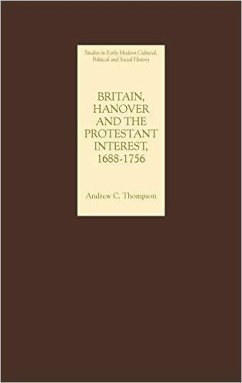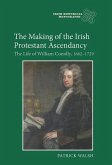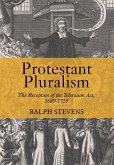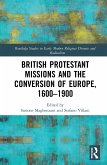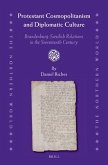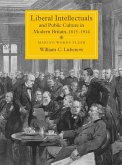Religious ideas and power-politics were strongly connected in the early eighteenth century: William III, George I and George II all took their role as defenders of the protestant faith extremely seriously, and confessional thinking was of major significance in court whiggery. This book considers the importance of this interaction. It traces the development of ideas of the protestant interest, explaining how such ideas were used to combat the perceived threats to the European states system posed by universal monarchy, and showing how the necessity of defending protestantism within Europe became a theme in British and Hanoverian foreign policy. Drawing on a wide range of printed and manuscript material in both Britain and Germany, overall the book emphasises the importance of a European context for eighteenth-century British history, and contributes to debates about the justification of monarchy and the nature of identity in Britain. Dr. Andrew C. Thompson is Lecturer in History, Queens' College, Cambridge.
A new examination of the links between religion and politics in the early eighteenth century, showing how the defence of protestantism became a major plank in foreign policy.
A new examination of the links between religion and politics in the early eighteenth century, showing how the defence of protestantism became a major plank in foreign policy.

